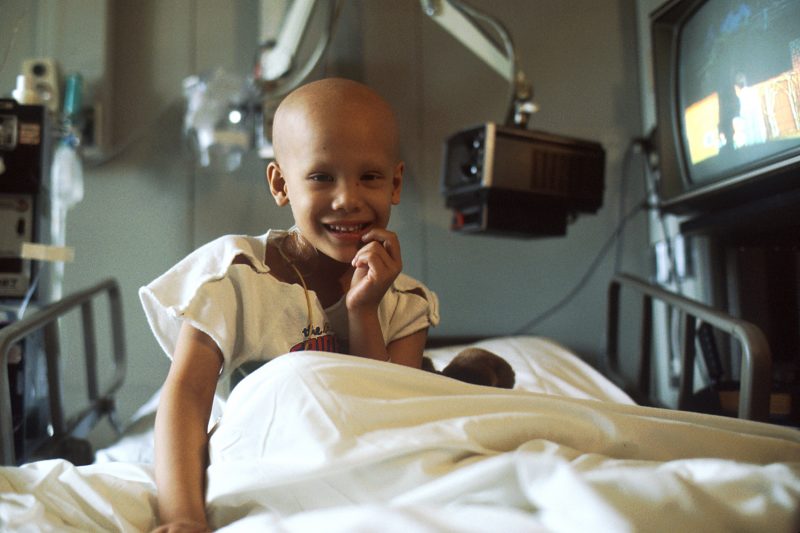
Few things are more heartbreaking than an undiagnosed condition. It plagues families and healthcare providers alike, leaving both uncertain on best next steps for medical management.
Since 2011 and thanks to advances in molecular diagnostics, sequencing of the exome (the protein-encoding part of all genes) has dominated genetics journals and headlines. Now we have better information to diagnose previously undiagnosable patients and aid in the discovery of new genetic conditions. We have evolved from the first report of a 4-year old patient whose genetic diagnosis by exome sequencing allowed for a lifesaving bone marrow transplant to where we are now, with the identification of new genes for neurodevelopmental and neuromuscular conditions, as well as other genetic conditions is so frequent that these discoveries rarely make headlines.
All our genes provide instructions for our individual characteristics. The exome is only 1-2% of our entire genome (all the genetic material that makes us) but constitutes the portion of the genome that codes for genes, that tells our bodies how to work. Exome sequencing has been extensively studied in patients with developmental delays, intellectual disability, and multiple birth defects.
From the time when Angelia Jolie discussed her diagnosis of a change in one of her BRCA genes, the knowledge of genetic testing of single genes or multiple gene panels analyzing gene(s) known to cause hereditary cancer has become more commonplace in the clinic and in the news. Until a recent study in Cancer Genetics, there has been limited knowledge of how exome sequencing is performed in the clinic and how it may help cancer patients. This work, conducted by Zöe Powis, Sha Tang, and others at Ambry Genetics in collaboration with health care providers at St. Jude Children’s Research Hospital, Creticos Cancer Center, the University of Pennsylvania, and the Illinois Cancer Care described patients with a personal or family history of cancer that had exome sequencing performed. The majority of these patients previously had other genetic tests performed. 3% of the patients had findings within genes previously known to be associated with a hereditary cancer syndrome. 13% had findings in novel candidate genes (a gene that was not currently known to cause a genetic condition).
One patient described in the study was in her twenties at the time of testing and had a rare type of aggressive ovarian cancer. She had a family history of ovarian cancer, including her half-sister who had died at 30. Her doctor had discussed the option of exome sequencing, and she and her family underwent extensive counseling regarding the unknowns of potential positive test results. The exome sequencing revealed a genetic cause that allowed at-risk family members to be tested. These family members were able to have lifesaving surgery to remove their ovaries and increase screening. Family members without the genetic condition were spared living in perpetual fear and undergoing unnecessary cancer screening and surgeries.
Establishing a new hereditary cancer gene requires multiple affected individuals, the comparison of data between affected and control populations, as well as functional studies to ascertain the clinical significance of the gene. Exome sequencing for a single family with strong indications for an inherited rare cancer syndrome paves the way for the discovery of such genes. Collaborations in the cancer genetics community will verify the real candidates; these validated genes can then be added to multiple gene panels to benefit more cancer patients.
No genetic test is perfect. And exome sequencing is no exception. However, exome testing has become a valuable tool for patients with a strong family history of cancer when traditional testing has failed to find answers.
These findings are described in the article entitled Clinical germline diagnostic exome sequencing for hereditary cancer: Findings within novel candidate genes are prevalent, recently published in the journal Cancer Genetics. This work was conducted by Zöe Powis, Carin R. Espenschied, Holly LaDuca, Kelly D. Hagman, Tripti Paudyal, Shuwei Li, and Sha Tang from Ambry Genetics, Hiroto Inaba from St. Jude Children’s Research Hospital, Ann Mauer from the Creticos Cancer Center, Katherine L. Nathanson from the University of Pennsylvania, James Knost from Illinois Cancer Care – Peoria, and Elizabeth C. Chao from the University of California Irvine.









